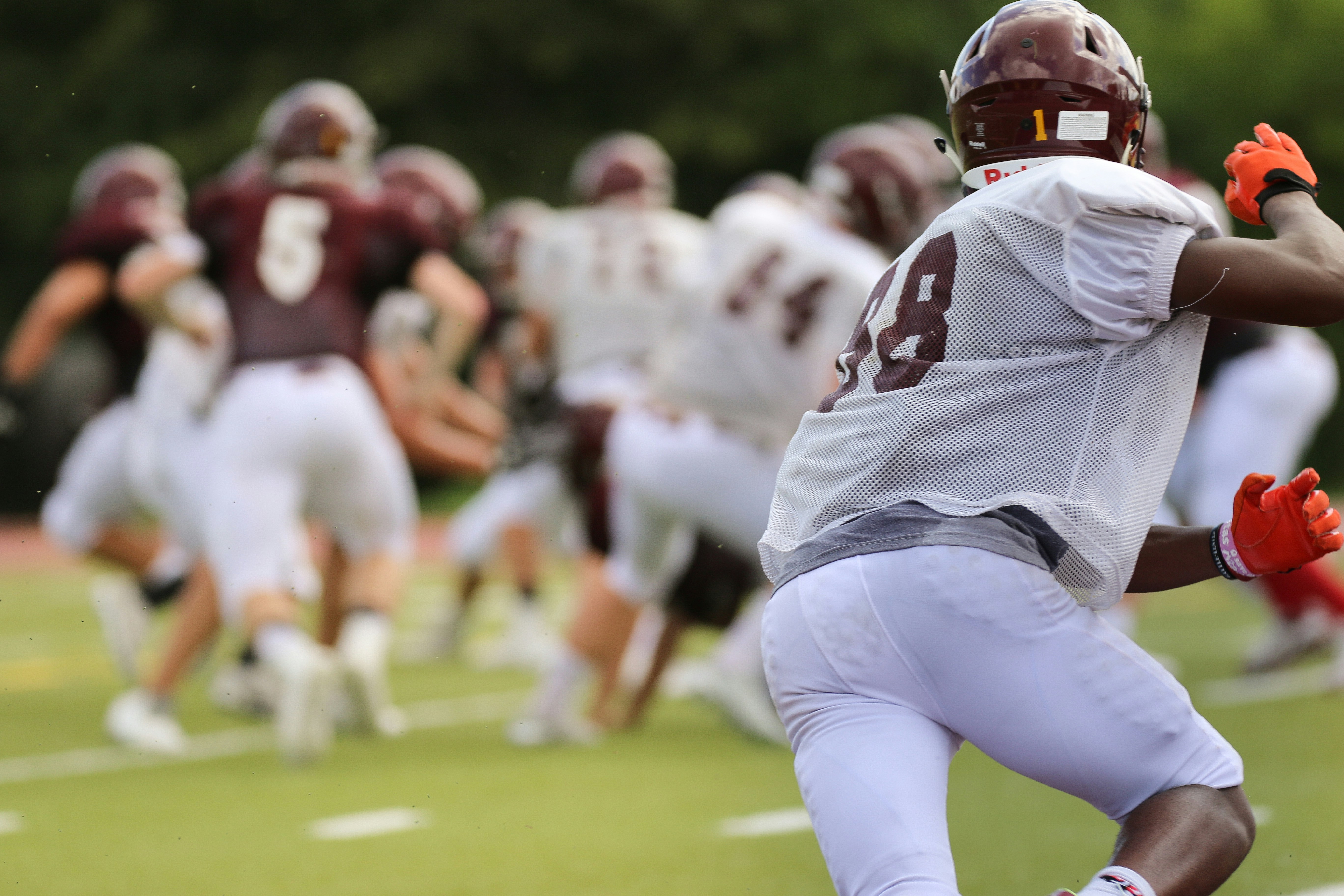Have you ever found yourself wondering if head injuries could increase the risk of cognitive decline later in life? This question is not just intriguing but also deeply significant, given the number of people worldwide who endure head injuries, whether from accidents, sports, or other situations.
The Link Between Head Injuries and Cognitive Decline
Understanding how head injuries affect cognitive functions as time goes by is crucial for both medical professionals and individuals alike. The consequences of such injuries can extend far beyond the immediate physical harm, potentially affecting brain health and functionality in profound ways.
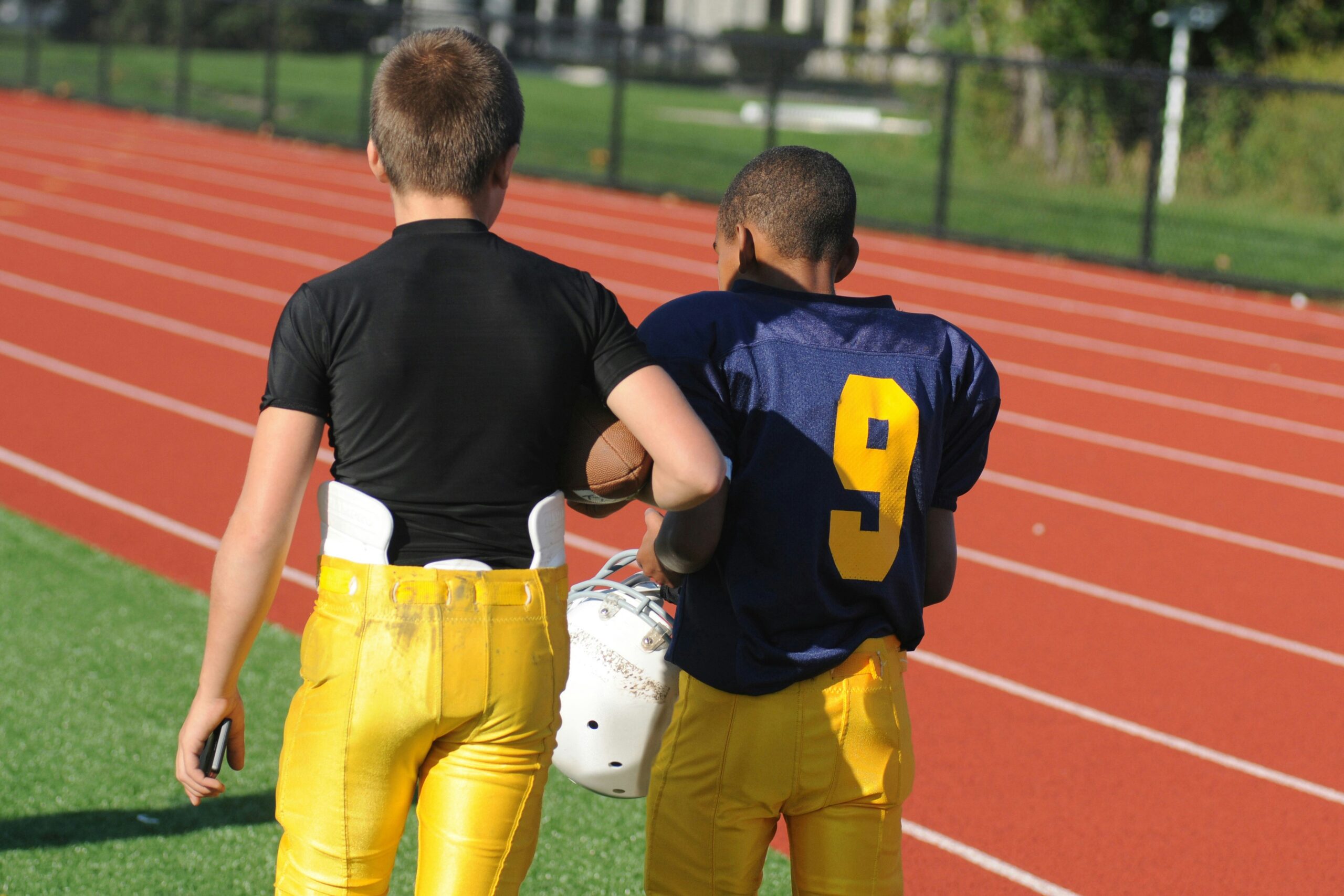
Understanding Head Injuries
Head injuries, also known as traumatic brain injuries (TBIs), come in varying degrees of severity, from mild concussions to more severe open head injuries. Mild TBIs, commonly resulting from falls or minor accidents, might cause temporary symptoms like headaches, dizziness, or brief loss of consciousness. Severe TBIs, often occurring due to high-impact events such as car crashes or violent assaults, can lead to extended unconsciousness, intense confusion, or even significant brain damage.
The Immediate Impact of Head Injuries
Upon sustaining a head injury, your brain may undergo various immediate effects. These can include a loss of consciousness, confusion, dizziness, headaches, and fatigue. However, even once these initial symptoms dissipate, there can be longer-lasting consequences. Brain injuries can disrupt the normal functioning of neural pathways, potentially leading to cognitive difficulties that may not become evident until much later.
Short-Term Cognitive Effects
In the immediate aftermath of a head injury, cognitive functions such as memory, attention, and processing speed can be notably affected. For example, you might find it challenging to concentrate or remember recent events. These short-term cognitive effects can be particularly troubling and may sometimes persist for weeks or even months.
Long-Term Cognitive Decline
Research indicates that head injuries can have long-lasting effects on cognitive health, significantly increasing the risk of cognitive decline as you age. This decline isn't always immediately apparent, often manifesting years after the initial injury. Cognitive decline encompasses a deterioration in memory, thinking, and reasoning skills, which can profoundly impact daily life and independence.
The Mechanisms Behind Cognitive Decline from Head Injuries
Understanding the mechanisms behind cognitive decline following a head injury involves delving into the complex interplay of brain structures and functions.
Neurodegeneration
Head injuries can initiate or accelerate neurodegenerative processes in the brain. Neurodegeneration refers to the progressive loss of structure or function of neurons, including death of neurons. This can lead to conditions such as Alzheimer's disease, which is characterized by cognitive decline. The brain's natural repair processes may not be sufficient to fully recover from the damage caused by a head injury, leaving it vulnerable to further degeneration over time.
Chronic Traumatic Encephalopathy (CTE)
Chronic Traumatic Encephalopathy (CTE) is a specific, severe form of brain degeneration brought on by repeated head traumas. This condition has been notably observed in athletes from contact sports, such as football players and boxers. CTE can lead to severe cognitive and emotional symptoms, including memory loss, confusion, impaired judgment, impulse control problems, aggression, depression, and, eventually, progressive dementia.
| Stages of CTE | Symptoms |
|---|---|
| Stage 1 | Headaches, issues with attention and concentration. |
| Stage 2 | Mood swings, depression, short-term memory loss. |
| Stage 3 | Memory loss, cognitive impairment, executive function deficits (planning, problem-solving). |
| Stage 4 | Profound cognitive impairment, full-blown dementia, severe memory loss, and motor function disruptions. |
Risk Factors for Cognitive Decline After Head Injury
Not everyone who suffers a head injury will experience cognitive decline. However, certain risk factors can increase the likelihood.
Severity of the Injury
More severe head injuries, particularly those involving significant force or resulting in extended unconsciousness, are more likely to lead to long-term cognitive issues. The extent of initial brain damage can set the stage for future neurodegenerative processes.
Age at the Time of Injury
The age at which the injury occurs can also play a critical role. Younger brains may have a greater capacity for recovery and plasticity, but injuries during crucial developmental periods can disrupt these processes. Conversely, older adults who suffer head injuries may already be experiencing natural age-related cognitive decline, which a head injury may exacerbate.
Frequency of Head Injuries
Repeated head injuries, even if they are mild, can compound over time and lead to severe cognitive outcomes. This cumulative effect is particularly relevant in contact sports and is a major factor in conditions such as CTE.
Genetics
Genetic factors may also influence susceptibility to cognitive decline following a head injury. For instance, individuals with certain genetic markers may have a heightened risk of developing Alzheimer’s disease after a traumatic brain injury.
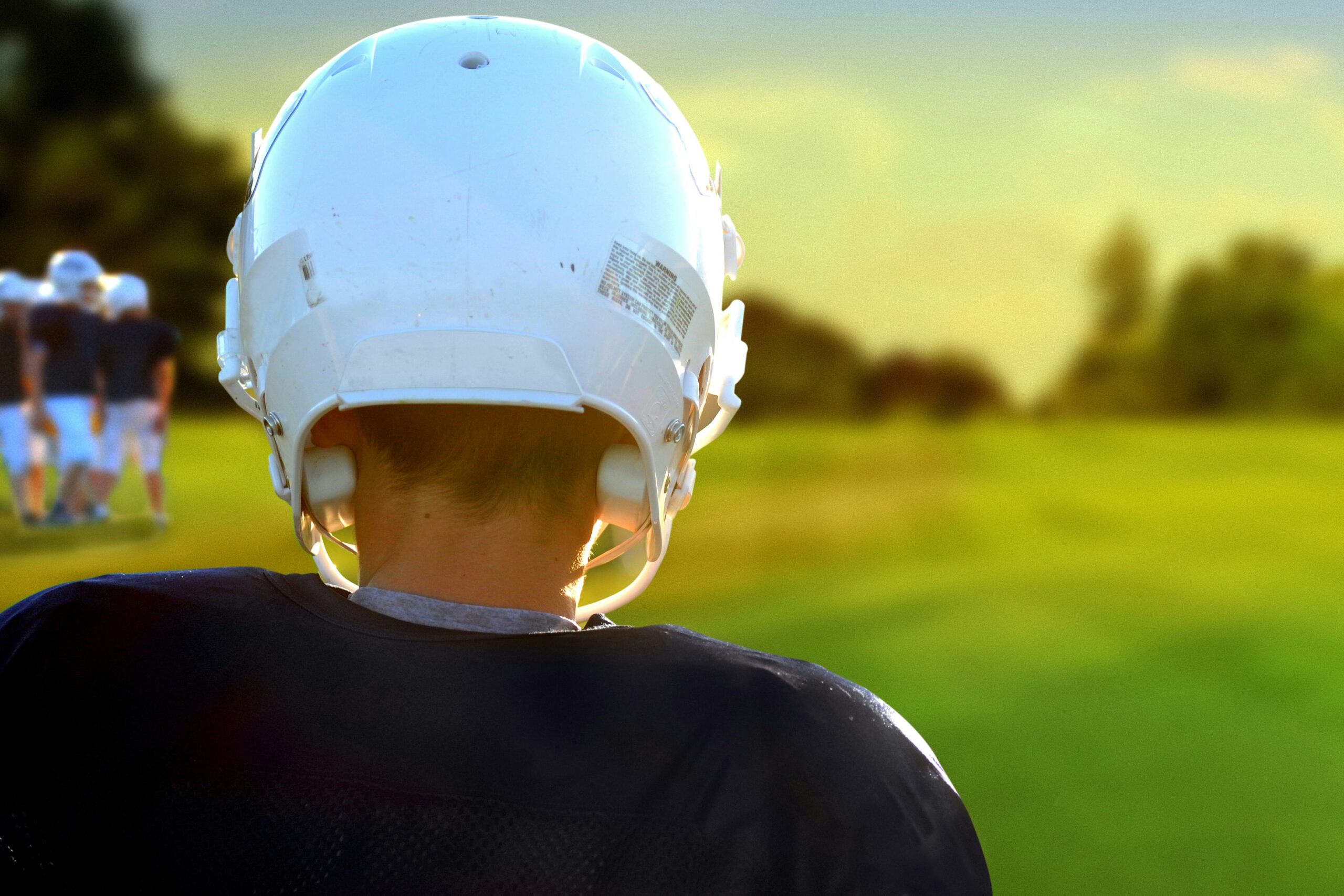
Preventative Measures and Mitigation
While not all factors related to cognitive decline from head injuries are within your control, there are preventive measures you can take to mitigate the risks.
Enhance Protective Measures
Wearing appropriate protective gear during contact sports and activities can significantly reduce the risk of head injuries. Helmets for cyclists, athletes, and construction workers are crucial in preventing significant head trauma.
Adopting Safe Practices
Adopting safe practices in everyday life, such as using seat belts in vehicles, ensuring living spaces are free from tripping hazards, and avoiding high-risk behaviors, can mitigate the risk of head injuries.
Management and Treatment Strategies
Even with preventive measures in place, head injuries can still occur. Effective management and treatment are vital to mitigate long-term cognitive decline.
Immediate Medical Attention
Seeking immediate medical attention after a head injury is crucial. Prompt diagnosis and treatment can help minimize initial brain damage and set the stage for better long-term outcomes.
Cognitive Rehabilitation Therapy (CRT)
Cognitive Rehabilitation Therapy (CRT) is a vital component for managing cognitive decline after a head injury. CRT focuses on improving cognitive functions such as memory, attention, problem-solving, and planning through various therapeutic exercises and strategies.
Neuroplasticity and Brain Training
Leveraging the brain’s neuroplasticity is another effective strategy. Engaging in brain-training exercises, maintaining an active cognitive lifestyle, and learning new skills can help strengthen neural connections and potentially offset some cognitive declines.
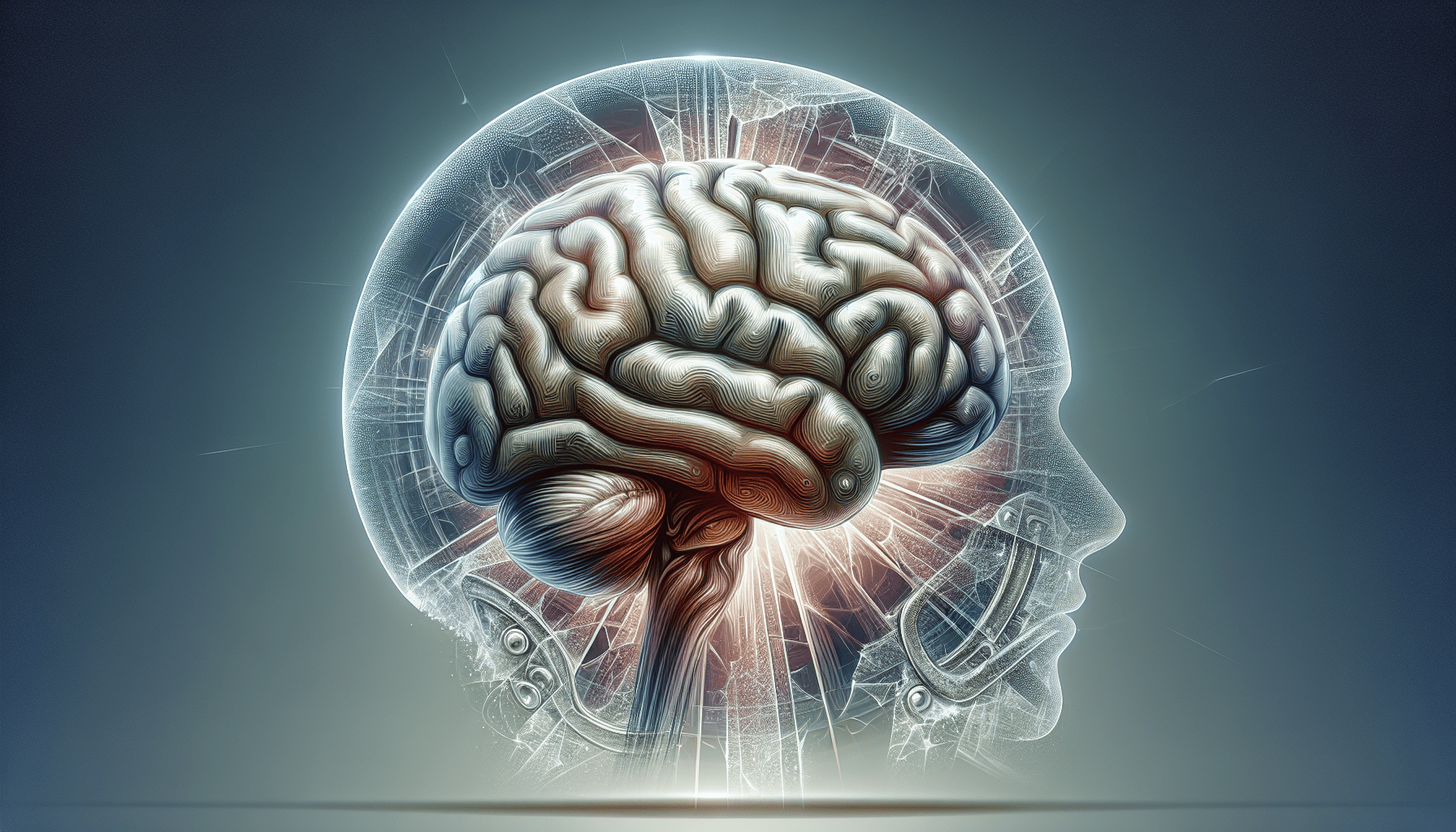
Living with Cognitive Decline
Living with cognitive decline after a head injury can be challenging, but with the right support, strategies, and adaptations, quality of life can be maintained.
Professional Support
Working with healthcare professionals, including neurologists, psychologists, and occupational therapists, can provide you with comprehensive care and tailored strategies to manage cognitive symptoms effectively.
Family and Community Support
Family and community support play a crucial role. Open communication with loved ones about your cognitive challenges and needs, participating in support groups, and accessing community resources can all aid in managing daily life.
Adaptive Technologies
Various adaptive technologies, such as memory aids, organizational tools, and reminder applications, can assist in compensating for cognitive deficits and enhancing daily functioning.
Future Research and Advances
The field is continually evolving, with ongoing research aiming to better understand the connections between head injuries and cognitive decline. Advances in neuroimaging techniques, biomarkers, and therapeutic approaches hold promise for earlier detection and more effective interventions.
Biomarker Research
Research into biomarkers—biological indicators of disease state—is progressing, offering hope for earlier and more accurate diagnosis of conditions like CTE and Alzheimer's disease following head injuries.
Neuroimaging Advances
Advancements in neuroimaging technologies, such as functional MRI (fMRI) and positron emission tomography (PET) scans, provide greater insights into brain changes following a head injury. These tools can help identify early signs of neurodegeneration and track disease progression.
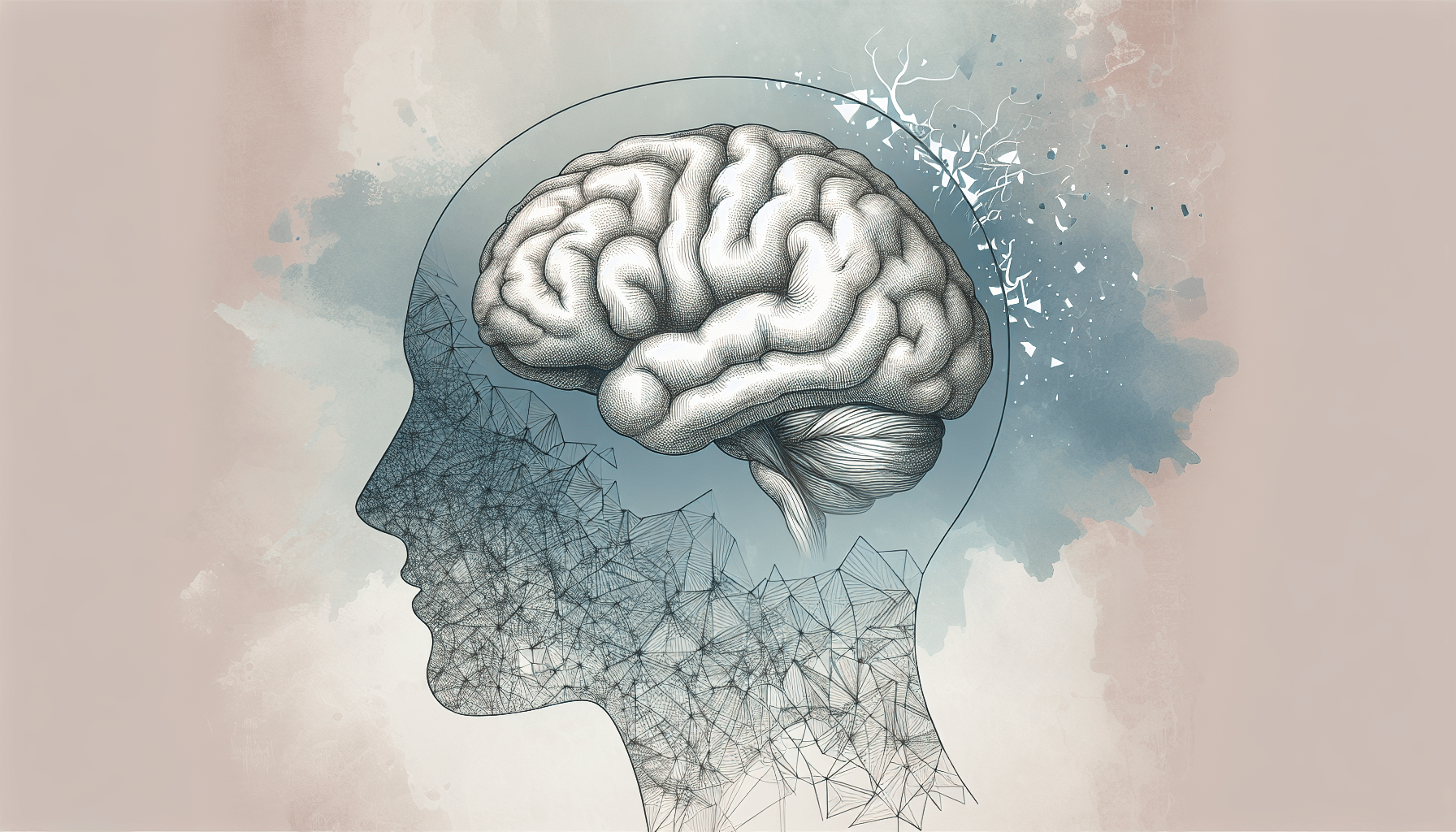
Summary
The relationship between head injuries and cognitive decline is intricate and multifaceted. While not every head injury will lead to significant long-term cognitive issues, understanding the risk factors, mechanisms, and preventive strategies is critical to mitigating potential negative outcomes.
Awareness and proactive measures, from wearing protective gear to seeking immediate medical attention after an injury, play vital roles in protecting brain health. Should cognitive decline occur, a combination of medical, therapeutic, and supportive interventions can help manage symptoms and maintain quality of life.
By staying informed and vigilant, you can reduce the risks associated with head injuries and safeguard your cognitive health for the future.

